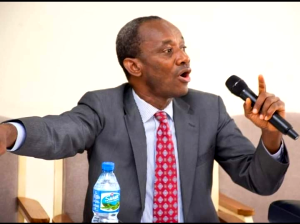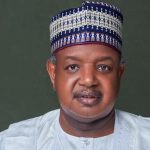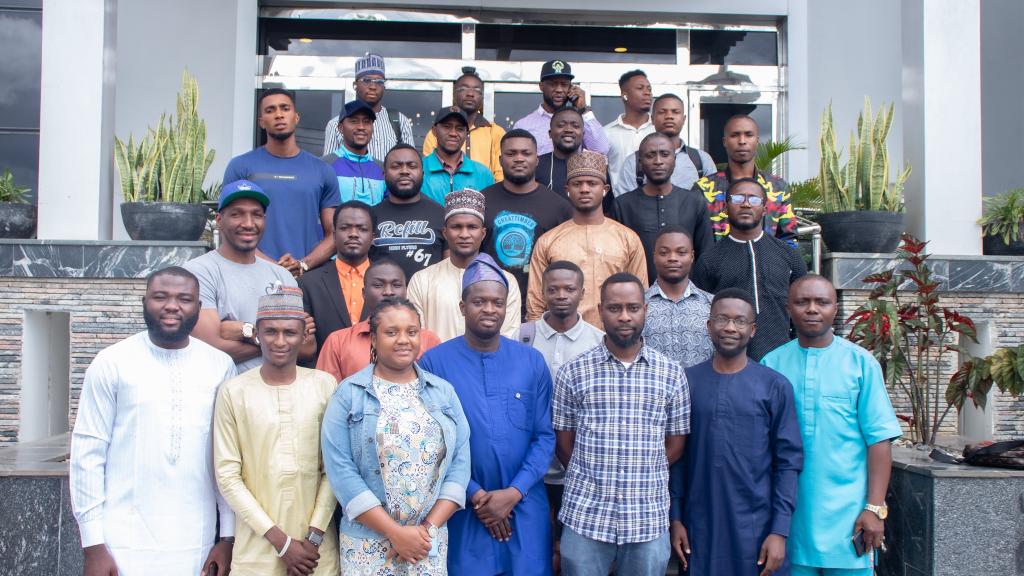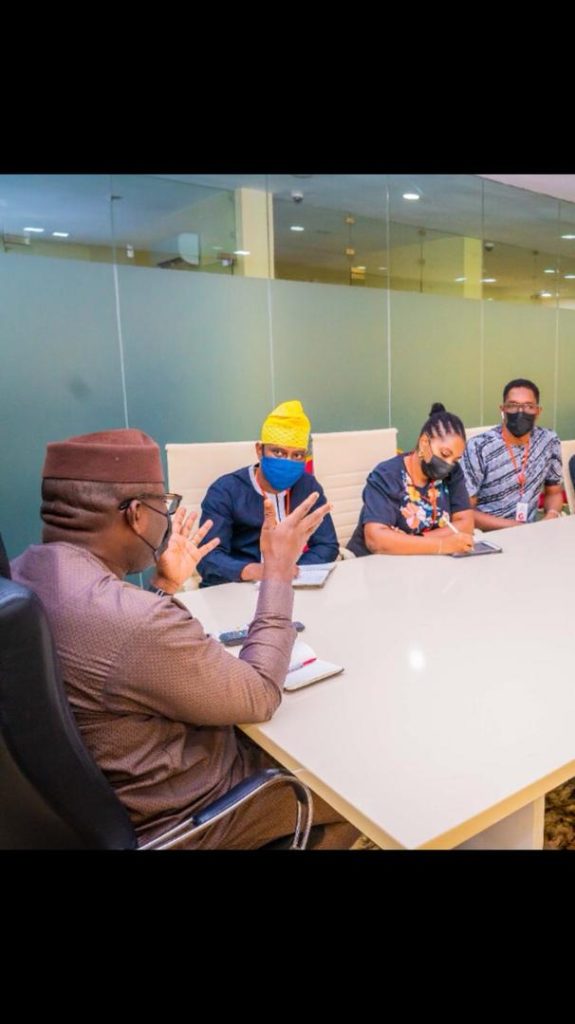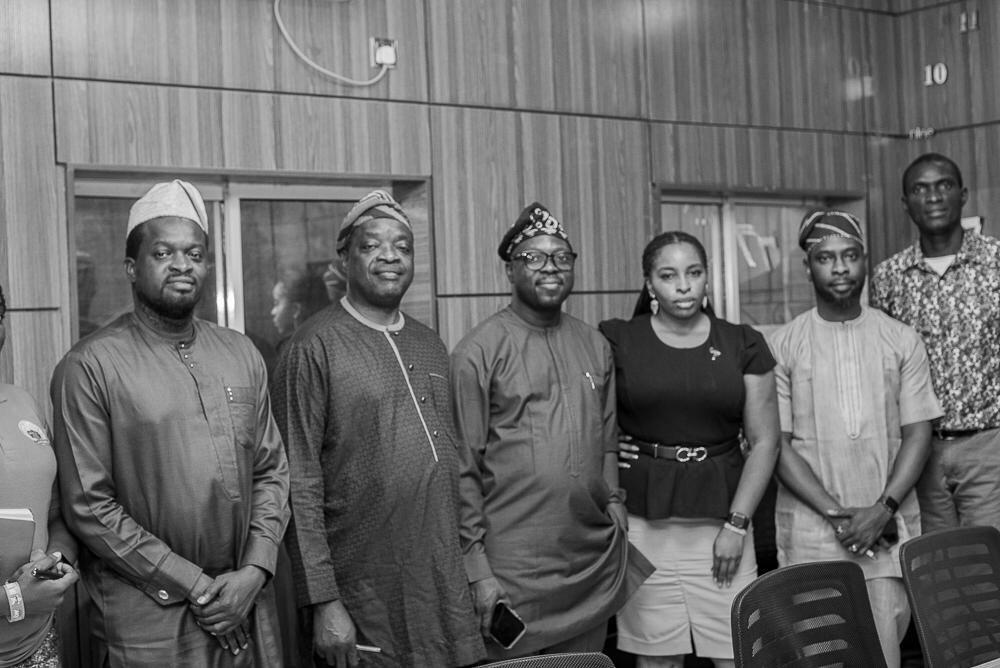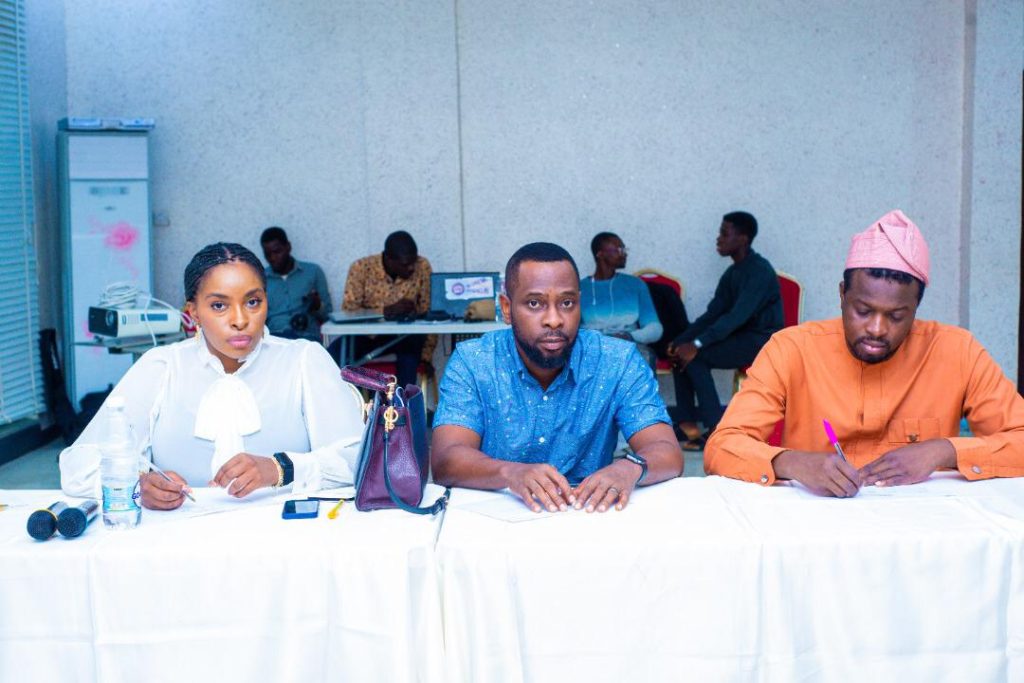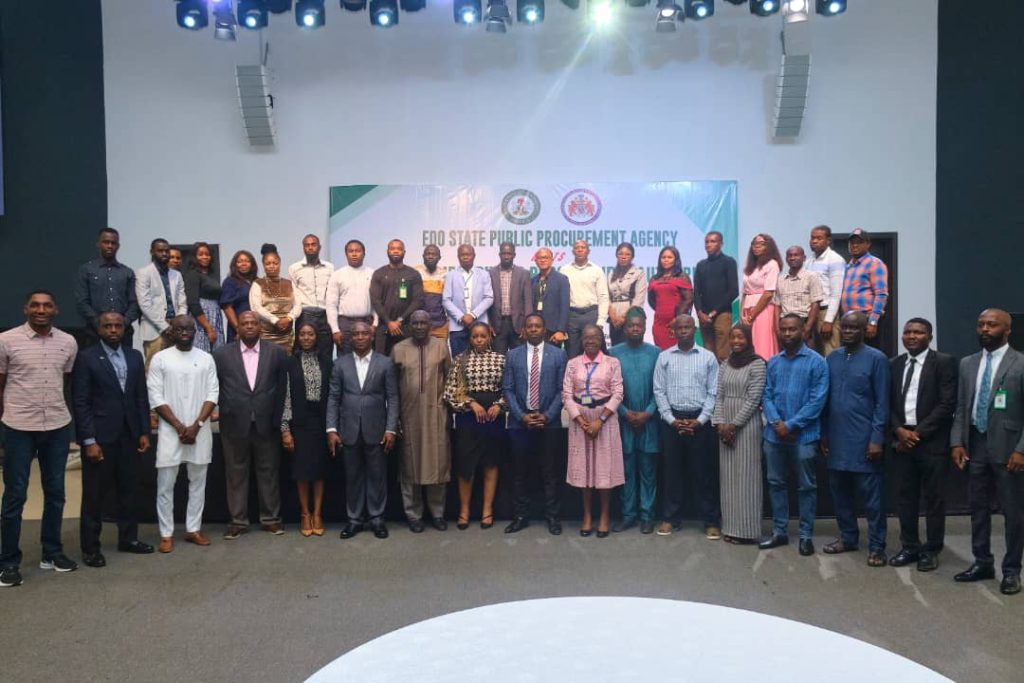•Says, to overrun the terrorists, we must fix the state
By Kayode Matthew
Dr Sam Amadi, former Chairman/Chief Executive Officer, Nigerian Electricity Regulatory Commission, NERC, is currently the Director of the Abuja School of Social and Political Thoughts. Dr Amadi, who is a fellow at the Carr Centre for Human Rights Policy at Harvard’s Kennedy School of Government is a political analyst on Arise Television news programme.
In this interview, Amadi examines why President Muhammadu Buhari has been unable to curb corruption as he promised as well as put an end to killings and banditry. He also rates the performance of the federal and state legislators. And as the present administration prepares to hand over to a new government in less than seven months, Dr Amadi declares that there is only one legacy President Buhari can leave behind.
Excerpts:
When President Buhari came to power, he promised to curb corruption, do you think he has been able to do that?
It is obvious to anyone who cares to consider the facts and truth to acknowledge the reality that President Buhari failed woefully at containing corruption. President Buhari himself admits as much. He is tired and would like to be relieved of the job. The truth is that it is difficult to contain corruption in any country, especially one that has its institutional incentives wired to support corruption. But President Buhari did not even try.
He abandoned that agenda the moment he took over from GEJ. His initial appointments after over six months of deliberation turned out to be appointments in aid of corruption not against corruption. Shortly, Buhari’s famed ‘body language’ faded. It was a colossal but avoidable failure
How can we really tackle corruption in this country, from top to bottom, to use Buhari’s phrase?
The first error of President Buhari is not understanding the problem of corruption, the nature and dynamics of corruption. You cannot solve a problem you don’t understand. I am of the strategy school. Strategy begins with diagnosis. You must know what is wrong with a thing before you try to fix it. Corruption in Nigeria is not about PDP and its criminals as Buhari naively or duplicitously thought. There are three explanations of corruption in Nigeria. First is structural. Nigeria is corrupt because its structure is corrupt. Corruption flows from the precolonial, colonial and post-colonial state order.
Again, corruption in Nigeria is cultural, which means the values, norms and social morality in Nigeria are supportive of corruption. And third, in Nigeria, there is a social expectation that public officers will and should be corrupt. This may tie into the artificial nature of the state and the illegitimacy that has characterized the Nigerian state since its creation. To overcome these structures, culture and collective actions that sustain corruption requires that government matches rhetoric and action in ways that redefine the state and also promote probity through hiring and modelling. You cannot appoint very corrupt persons, persons who were facing trial for corruption into important political offices and claim to be fighting corruption. That is hypocritical
Why has the present administration been unable to end killings, kidnapping and banditry in the country?
Nigeria has entered the stage of randomized lawlessness and closing down to chaos. The result is grave insecurity in the country. The problem is poor governance and the failure of rule of law. Many Nigerian communities are largely ungoverned and the rule of law institutions have largely failed. So these multiple failures account for the insecurity.
It is true that we need more arms and technology to fight these terrorists and criminals. But you need an effective state first. You need to have a military and a police service that is well-motivated and managed.
We need a focused and autonomous state that is not a hostage to criminals and terrorists. We must have a Nigerian state that is effective and neutral and not beholding to any form of criminality or fundamentalism. When we fix the state we will overrun the criminals and the terrorists whoever they are
Few days ago, the First Lady, Aisha Buhari apologized to Nigerians for the failure of her husband’s government. How do you see her apology?
The First Lady is an interesting character. She has been controversial all through Buhari’s presidency. She speaks the truth even if she may have other incentives. We should not accept her apology because we didn’t elect her. There is no need for apology by the way. We elected her husband and not her. Her husband is still in office. If he continues to fail then by May 29 he can offer an apology.
But the best apology is to conduct a free and fair elections and hand over peacefully to another administration
Human Rights Organizations used to be in the forefront in the struggle for good governance and respect for the rights of citizens especially during the military era. We had the Civil Liberties Organizations, Constitutional Rights Project, Committee for the Defence of Human Rights, etc. Where are they, why have they lost their voice in this dispensation?
The civil society organizations have been less impactful recently for many reasons. One of the reasons is that they have moved more towards development conceived narrowly to mean the liberal notions of rule of law and property rights of free market. They are no longer seriously doing pro-democracy work in the original sense of standing up against abuse of executive power the way it was done under the military. So we have a changed political landscape and the CSOs have changed too.
But the main problem is that these CSOs got themselves involved in electing President Buhari in 2015. They got too partisan. Now they are conflicted and cannot come out fully to oppose the APC government that has failed. Many of them are still working for the APC so they are largely compromised.
How will you assess the performance of our lawmakers especially at the national level, do you believe they are really representing the people who voted them into office?
The Nigerian legislature has structural and institutional problems that militate against good performance. As observed in 2005 by the UNECA, legislatures in Africa are notoriously ill equipped in skills and resources to make transformative laws. But here in Nigeria you also have the problem of bad politics. Think about how these legislators are elected. Does the political process incline them to think about the work as legislative when we are requesting financial assistance not good laws from them? How will they make good laws when their re-election does not depend on the quality of laws they make but on how much they share to the people? This explains why they have failed to deliver on oversight of the executive.
We can sum up the performance of the federal legislators as woeful like the executive. But I think when we consider state legislators then we have to find another word worse than woeful.
You were the chairman of the electricity regulatory body at a time. In spite of the huge amount of money sunk into the energy sector, Nigeria has sunk deeper into darkness. Why is this so?
It is unfortunate that we have not been able to solve the problem of power supply in Nigeria. The problem is both a modeling and project management problem. We have not got the model right. Yes, the power sector reform is a good policy intervention. But it was too ideologically, focusing so much on privatization without paying required attention to complementary reforms necessary to ensure a competitive and efficient electricity market.
Again, some of the interventions were poorly managed, like the siting of NDPHC power plants that were sited where there are no gas supply. Since 2015 there has been weaker leadership on the regulatory and policy side and this has increased the inefficiency of the new investors.
Some have argued that Nigeria’s problem is the 1999 constitution which we’re operating, others believe the operators of the constitution are the problems. Yet some said what we need is restructuring. How do we get Nigeria out of the woods?
I think we need a bit of everything. We need a better and coherent constitutional order. But we need a good leadership that can build elite consensus on constitutional reform before we can have a valuable reform. We also need to have better persons managing the constitution to make progress. Better constitution with better leaders will be the magic. In 2023 we hope to have this combo.
But may be leadership comes first because good leadership will create the consensus to reform the constitutional order. But make no mistake, the constitution is not a magic bullet. It does not solve all your problems. A coherent constitutional order helps you to move toward sustained development. But you still need elite consensus to implement the constitution.
Barring unforeseen circumstances, President Buhari will hand over to a new government in less than seven months. What legacy will you say he will be leaving behind?
I hope President Buhari can leave the legacy of not destroying what Jonathan did for him: a peaceful and credible election and handover of power. Apart from this, I don’t see what else President Buhari can leave as a legacy.
The post Why Buhari failed in the fight against corruption, banditry — Sam Amadi appeared first on Vanguard News.
Last modified: December 24, 2022

